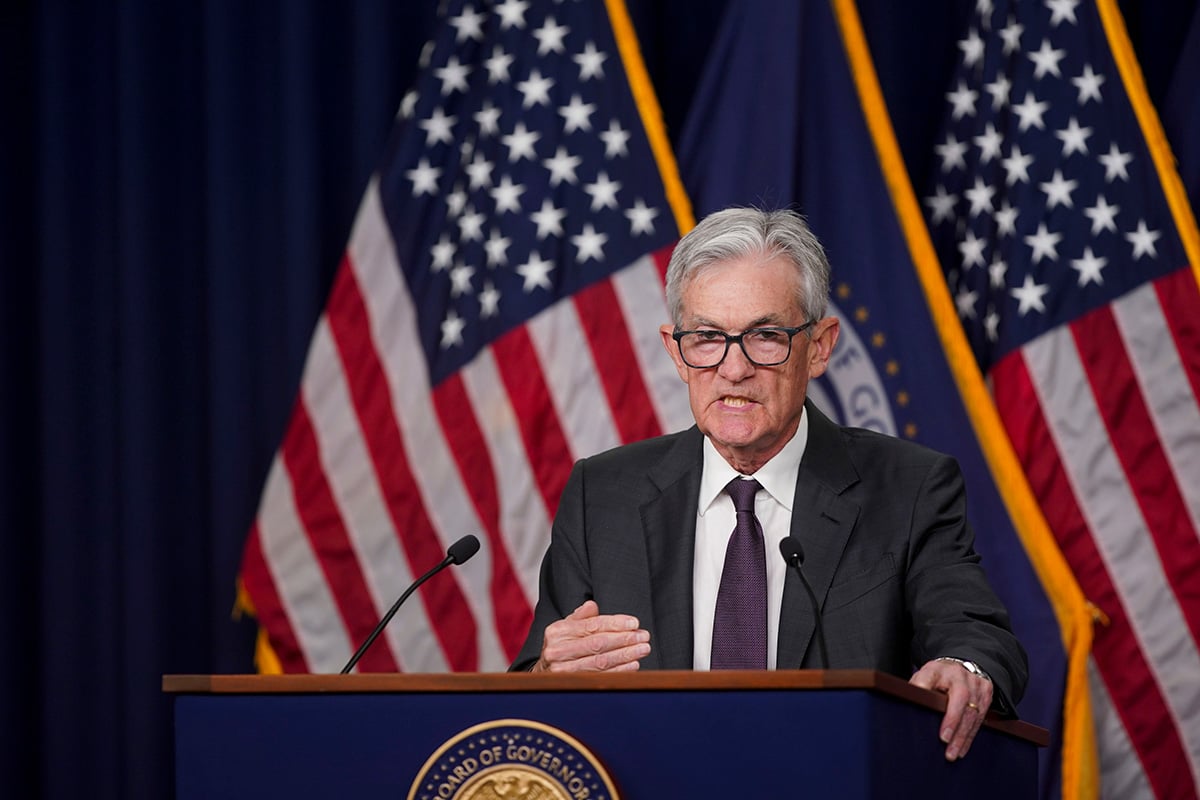If corporate bonds don't trade frequently enough for you, one solution is to turn elsewhere.
More and more investors are betting on whether the notes will go up or down in value without owning the securities, using derivatives. This has been attractive for asset managers looking to be nimble in markets or make big bets, especially as corporate-debt trading volumes wane.
Pacific Investment Management Co.'s (Pimco's) Bill Gross, manager of the world's biggest bond fund, is one who's using credit-default swaps (CDS) for bullish wagers on company debt. He accelerated his use of the contracts in the three months ended June 30 by selling protection against credit losses, according to a quarterly report.
Gross isn't alone: Outstanding bets on a credit-swaps index tied to North American high-yield bonds have soared to the highest level since at least 2011. Net wagers on the latest Markit CDX North America High Yield Index rose to $31.5 billion as of July 18, compared with a peak of $29.1 billion on the last series in March, according to data compiled by Bloomberg.
Investors are looking for faster ways to express views on investment-grade and high-yield bonds, which are trading less as a proportion of the overall debt outstanding as Wall Street banks use less of their own money to make markets.
Credit swaps “can be managed more easily in some cases than bond portfolios,” Peter Tchir, Brean Capital LLC's head of macro strategy in New York, wrote in a July 25 report. “Real money looking for an 'edge' will look to CDS.”
Investors are returning to securities that magnify returns and losses as they seek bigger gains with bond yields near record lows and muted volatility. They're finding comfort in the fact that these swaps, which helped fuel the worst financial crisis since the Great Depression, are more closely regulated now that traders have to route transactions through central clearinghouses.
Pimco's $225.2 billion Total Return Fund increased the amount of protection it sold against losses on corporate debt in the three months ended June 30, boosting a measure of risk tied to credit-default swaps by 62 percent in the period compared with the first quarter, according to the report.
Pimco representatives didn't respond to e-mails seeking comment.
While these derivatives make it easier to place bets in the short term, they may magnify losses in a protracted downturn. Should defaults accelerate, swaps sellers would have to compensate their counterparties for any losses.
Of course, with the economy improving and central banks globally committed to their stimulus programs, that doesn't look as likely for now.
Complete your profile to continue reading and get FREE access to Treasury & Risk, part of your ALM digital membership.
Your access to unlimited Treasury & Risk content isn’t changing.
Once you are an ALM digital member, you’ll receive:
- Thought leadership on regulatory changes, economic trends, corporate success stories, and tactical solutions for treasurers, CFOs, risk managers, controllers, and other finance professionals
- Informative weekly newsletter featuring news, analysis, real-world case studies, and other critical content
- Educational webcasts, white papers, and ebooks from industry thought leaders
- Critical coverage of the employee benefits and financial advisory markets on our other ALM sites, PropertyCasualty360 and ThinkAdvisor
Already have an account? Sign In Now
*May exclude premium content© 2025 ALM Global, LLC, All Rights Reserved. Request academic re-use from www.copyright.com. All other uses, submit a request to [email protected]. For more information visit Asset & Logo Licensing.





